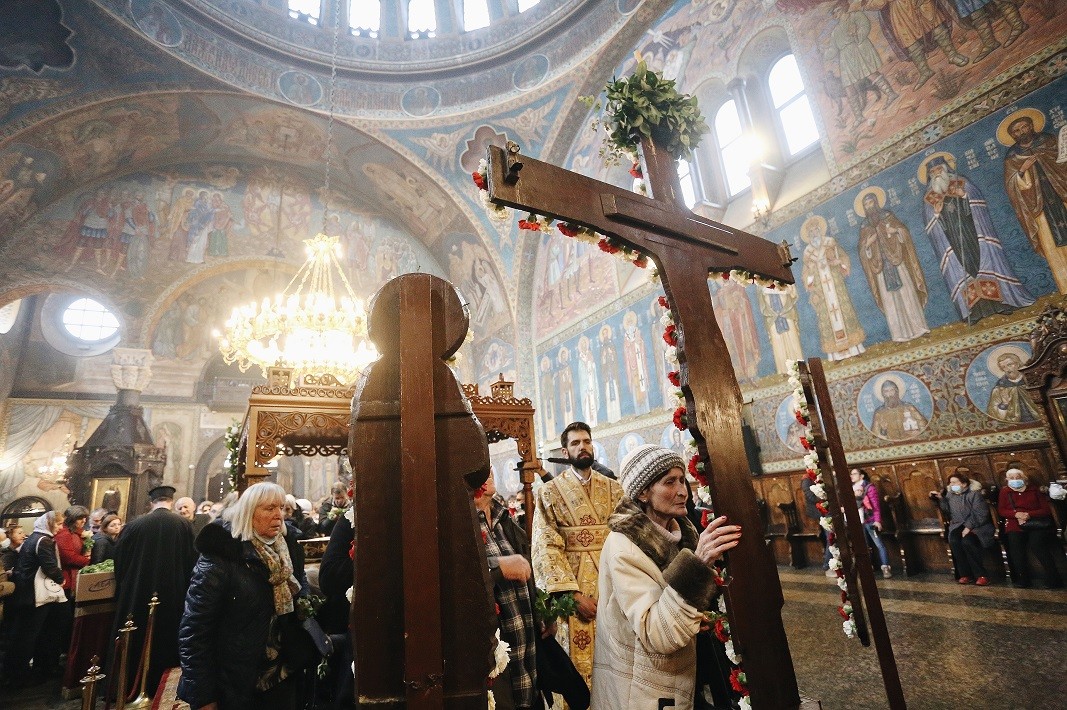
Bulgarian pop singer Lubo Kirov has presented the latest single from his new album. It's a rock explosion titled " Poslednoto reshenie " ("The Final Decision"). For the creation of the song Lubo worked once again with guitarist and music producer..
The festival of spiritual music in Gabrovo will close with a concert by the mixed choir of the church of the Intercession of the Theotokos in Sofia. Together with the Gabrovo chamber orchestra, the choir will perform three early works by Wolfgang..
Mihaela Marinova, who is one of the most successful young Bulgarian performers, has released a new music album. She presented the collection of ten songs with a tour in Bulgaria’s biggest cities. The title of the album "Black Butterfly" reflects the..
The women's folk choir Dragostin Folk National is celebrating three decades of its existence with a spectacular concert. The concert will take place on..

+359 2 9336 661
